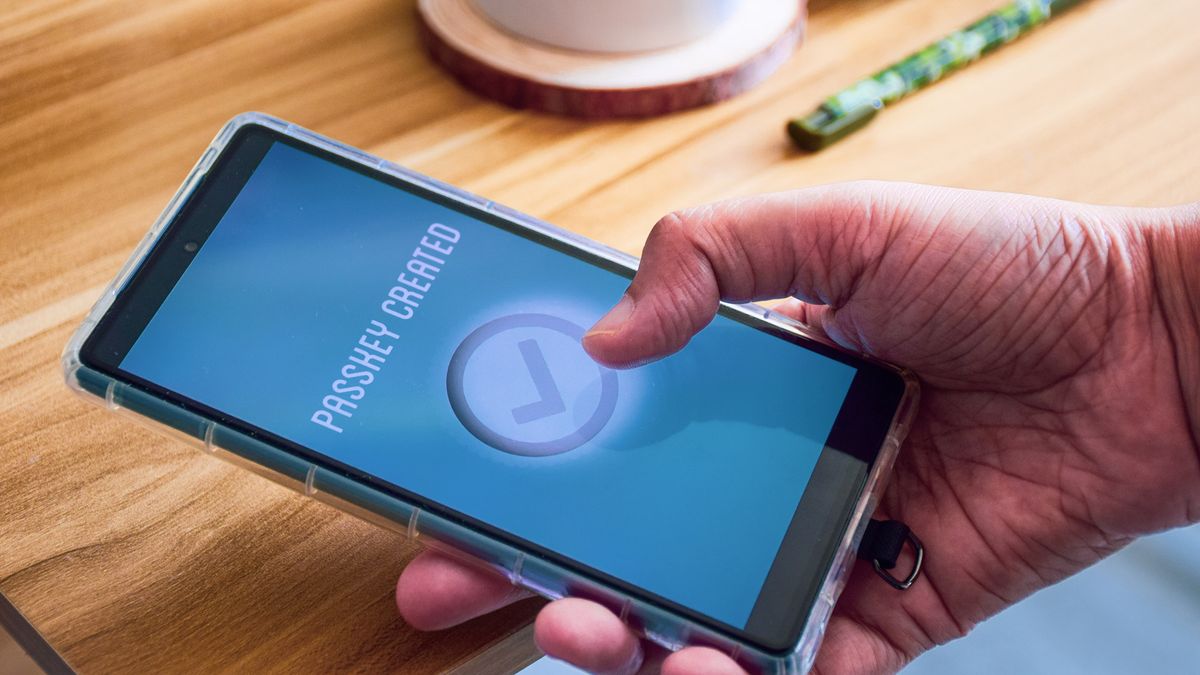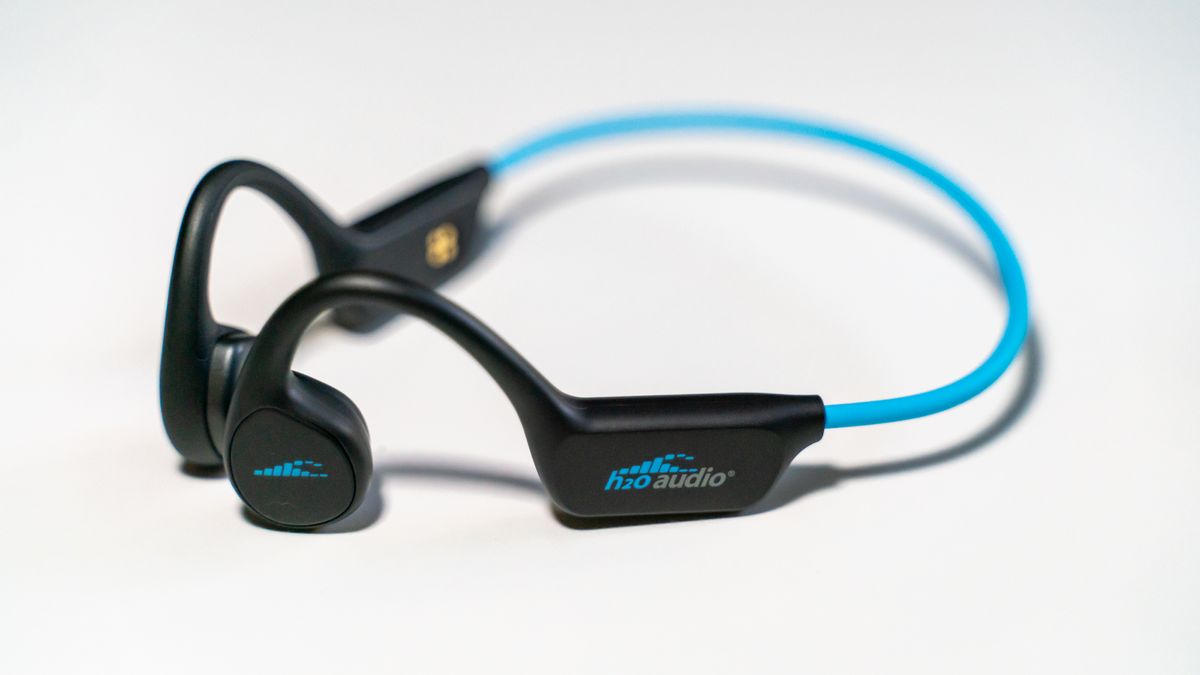Title: Passkeys: The Future of Secure Authentication
Subtitle: Consumers’ Lack of Understanding and Trust Hinders Widespread Adoption
By Pierre Herubel
Passkeys are revolutionizing the way we authenticate online, offering a more secure and convenient alternative to traditional passwords. However, recent conversations with consumers outside the tech industry reveal a lack of understanding and trust in this new authentication method.
The chief concerns raised by consumers include their belief that passkeys are less secure than passwords, confusion about the technology behind passkeys, and uncertainty about how to interact with passkey systems after setup.
To address these concerns, let’s start with the basics of passkeys. In its simplest form, a passkey is a localized and encrypted form of identification that often utilizes biometrics for authentication. When you log in using a passkey, the system reads your user ID and requests authentication, which is then verified using the biometric security feature on your device, such as fingerprint or facial recognition.
Notably, passkeys eliminate the need for passwords entirely. For example, when logging into Gmail, the platform will send a challenge to your passkey, which is solved locally on your device and sent back as a signature. Biometric authentication may be required at this point, depending on your device settings.
The entire process takes just a few seconds and does not require a password manager for login credentials.
Despite the seemingly complex backend system, consumers are shielded from the cryptographic complexities of passkeys. The focus remains on the ease of use and enhanced security they offer.
One common misconception among consumers is the fear that someone who steals their phone could gain access to their accounts. However, this is not the case, as the criminal would still need your unique biometric identifier, such as your face, fingers, or eyes.
When considering the alternatives, passkeys are a far more secure option than traditional passwords. Passwords are susceptible to theft and are often reused across multiple platforms, making them an attractive target for hackers.
Even password managers, which aim to simplify password management, have their vulnerabilities. Some password managers have been compromised in the past, and if the master password is breached, all other passwords are at risk.
Furthermore, industries and organizations are constantly battling ransomware attacks, many of which are initiated through social engineering methods like email phishing. By utilizing passkeys, the risk of falling victim to these attacks can be significantly reduced.
While passkeys offer undeniable benefits, their adoption has been relatively slow. Consumers’ lack of understanding and some industry shortcomings contribute to this sluggish progress.
One of the industry’s challenges is effectively communicating the advantages of passkeys to consumers. For instance, Google’s pitch for passkeys lacks in details and clarity regarding the user experience. Additionally, there is currently no universal passkey solution, with different systems and platforms requiring their own passkeys.
However, these hurdles do not outweigh the benefits of a passwordless system. Passkey sign-up processes are consistent across platforms, ensuring a seamless user experience. Moreover, the same biometric system used for other platforms can be utilized for passkey authentication, creating a unified approach.
Ultimately, despite the industry’s shortcomings, passkeys are poised to become the future standard of authentication. Their seamless user experience and enhanced security measures make them an essential tool for protecting personal data and digital identities.
As an advocate for passkeys, I have already embraced this new method and signed up for my first passkey with Google. While my action may not represent the majority, I believe that passkeys are the way forward.
Passkeys offer a frictionless authentication system that relies solely on the hardware you already own. Whether it’s using your best iPhone’s Face ID or other biometric features, passkeys provide a secure and convenient solution.
In conclusion, although there are barriers to overcome, passkeys offer a promising future for secure authentication. It’s only a matter of time before they become the go-to method for protecting our digital lives.
You might also like:
– How Passwords Are Failing Us: The Unsustainability of Traditional Authentication
– Ransomware Attacks on the Rise: Passkeys as a Defense Mechanism
– The Role of Biometrics in Enhancing Digital Security




